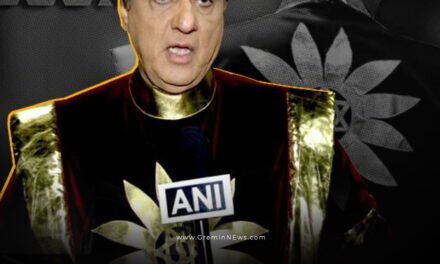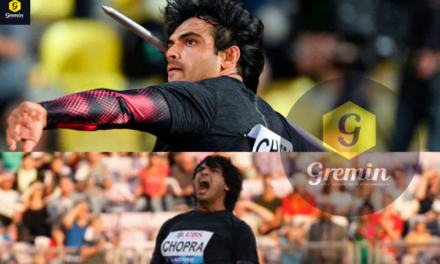The Supreme Court on Friday, July 12, made a significant development in the liquor policy case by granting interim bail to Delhi Chief Minister Arvind Kejriwal in the case filed under the Prevention of Money Laundering Act (PMLA). The court also referred Kejriwal’s petition, which contested his arrest by the Enforcement Directorate (ED), to a larger bench.

Arvind Kejriwal Relief:
Justices Sanjiv Khanna and Dipankar Datta’s bench forwarded Kejriwal’s appeal to a larger bench so that they may consider whether Section 19 of the Prevention of Money Laundering Act requires an arrest as a condition.
Kejriwal has “suffered incarceration for over 90 days,” according to the court, and he must be released on bond until the larger bench resolves the matter. Here are several significant components of the verdict that could have a wider influence on the agency’s authority and potential checks and balances, while the fine print of the ruling is still pending.
Additionally, even while the ruling is encouraging for the Aam Admi Party, its leader, Arvind Kejriwal, will still be detained because he is wanted in connection with the same excise policy case by the CBI.
Arvind Kejriwal Case:
Aam Aadmi Party (AAP) leader Mr. Kejriwal was detained on March 21 by the Enforcement Department (ED) in connection with a money laundering case pertaining to the purported Delhi liquor policy fraud.
Kejriwal had contested the Delhi High Court’s April 9 ruling that denied him relief in his appeal.
The central investigate agency was left with “little option” after Mr. Kejriwal ignored many summonses and declined to cooperate with the investigation, according to the high court, which affirmed his arrest in the case.
Liquor policy:
Both the ED and the CBI are looking into the money laundering aspect of Delhi’s now-defunct liquor policy.
The Delhi government withdrew from retail liquor sales under the excise policy, which was implemented in November 2021, and enabled private licensees to operate stores. In July 2022, Delhi Chief Secretary Naresh Kumar cited regulatory infractions and alleged “undue benefits” to liquor licenses. The policy was abandoned in September of that year.
According to the CBI, liquor corporations were involved in the formulation of the excise policy, which would have generated a profit margin of 12%. A liquor lobby known as the “South Group” was accused of giving the AAP bribes of ₹ 100 crore, some of which were given to government employees. The kickbacks were allegedly laundered, according to the Enforcement Directorate.\
“My name is Arvind Kejriwal and I am not a terrorist”: Sanjay Singh





